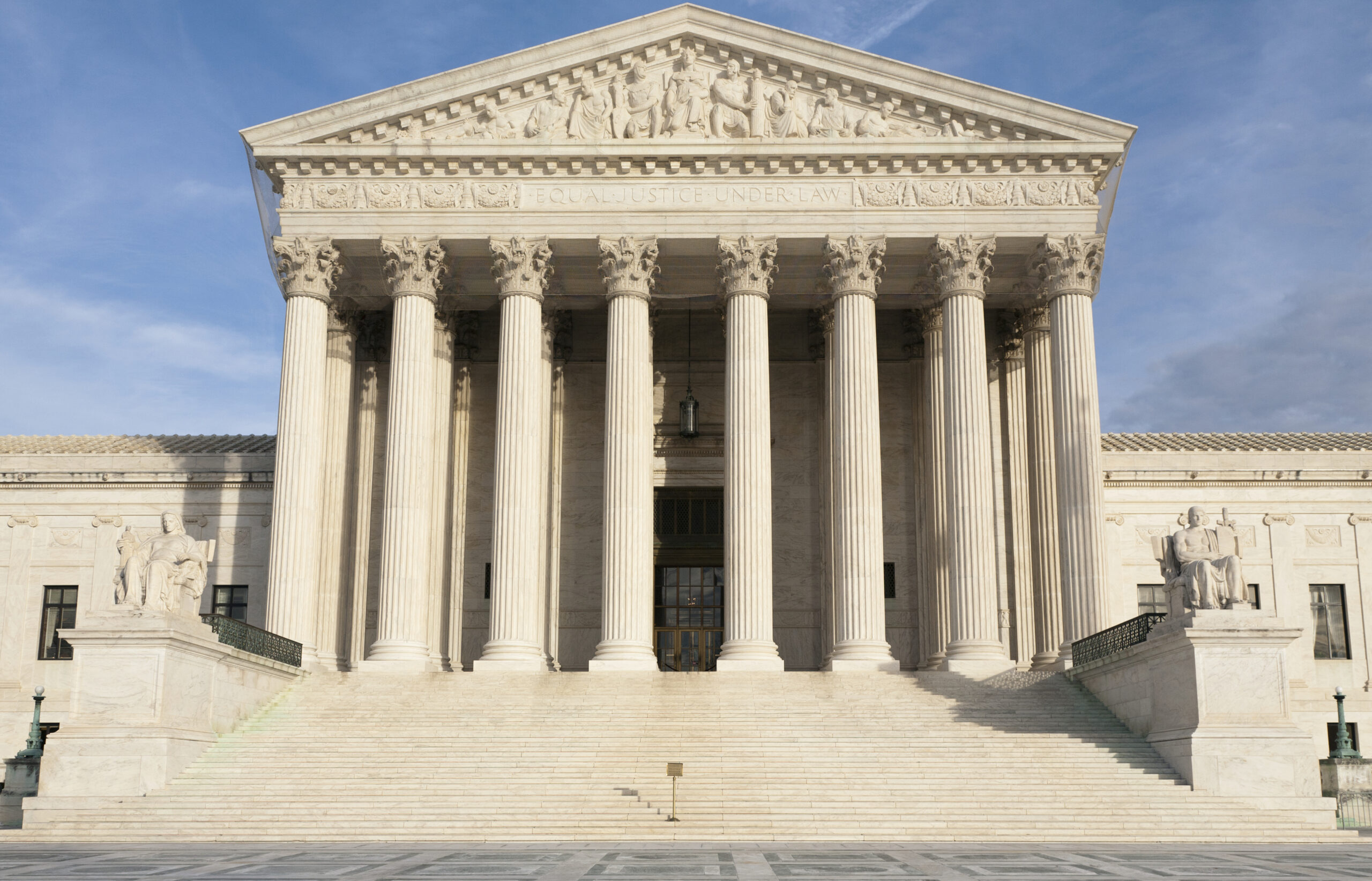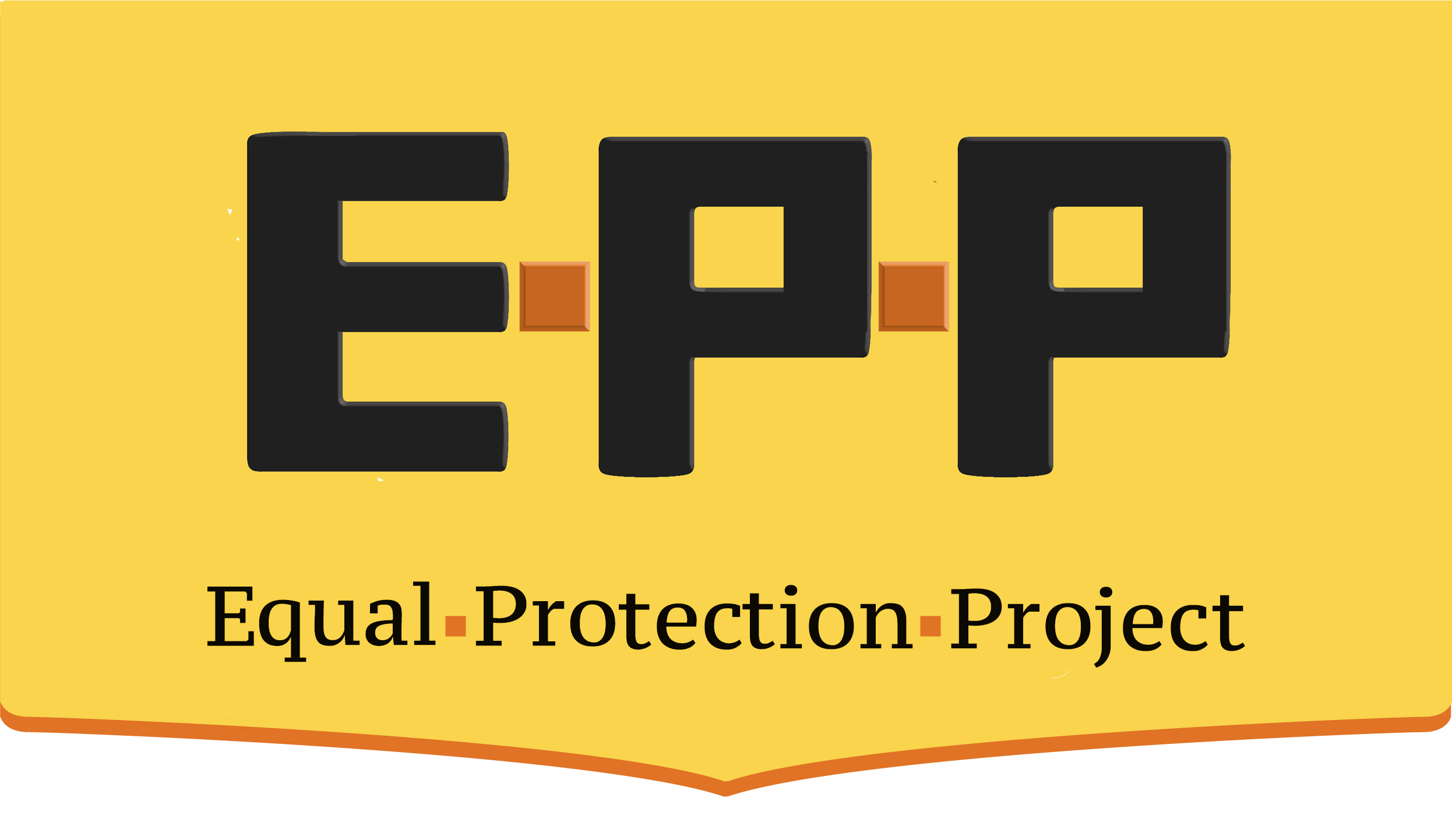
Case
Legal Insurrection Foundation Files Amicus Brief Supporting Parental Right to Opt Kids Out of “Gender and Sexuality” Instruction
Case Particulars
Tribunal
United States Supreme Court
Date Filed
March 10, 2025
Docket No.
No. 24-297
Case Status
Amicus Brief Supporting Plaintiffs Filed; Case Proceeding to Oral Argument at Supreme Court April 22, 2025
Case Overview
On Monday, March 10, the Legal Insurrection Foundation (LIF) (legalinsurrectionfoundation.org) filed an amicus curiae, or friend-of-the-court, brief in the United States Supreme Court in a case called Mahmoud v. Taylor.
Our amicus brief was authored by Attorney Eric A. Hudson of the Terrazas PLLC law firm in Austin, Texas, pro bono. That LIF is pleased with Eric’s work in assisting LIF file this amicus brief would be the understatement of the year. Eric was awesome to work with and the finished product speaks for itself – it is an excellent brief that no doubt will be extremely persuasive when members of the U.S. Supreme Court read it. We can’t thank Eric enough for his help in this case.
This case concerns the Montgomery County School District, the largest in Maryland, and whether they should be able to prevent parents from opting their kids, as young as 3-4 years old, out of school curriculum describing, among other things, drag queens, gay sex, and other topics including transgenderism. After a group of parents sued, the case made its way to the U.S. Fourth Circuit Court of Appeals, which covers Maryland, Virginia and West Virginia, and the Carolinas. That court said no. No opt-outs.
So several parents applied to the U.S. Supreme Court, and on January 17, 2025, the Court decided to review the case.
The “Question Presented” in the case, or, in other words, the exact legal question the Supreme Court will decide is:
Do public schools burden parents’ religious exercise when they compel elementary school children to participate in instruction on gender and sexuality against their parents’ religious convictions and without notice or opportunity to opt out?
If the Supreme Court answers this questions in the affirmative, the Montgomery County School Board will have to allow parental opt-outs.
LIF, in its amicus brief, available here, first explained LIF’s interest in this case:
Legal Insurrection Foundation (LIF), whose tagline is “Liberty, Equality, Family,” is a Rhode Island tax-exempt not-for-profit corporation devoted, among other things, to advancing the liberty interests of American citizens, including the rights of parents to direct the upbringing of their children…
At bottom, LIF has long documented citizens’ struggles for religious liberty, free expression and racial discrimination, and has long held a deep and abiding interest in ensuring religious freedom for all citizens of all faiths and parents’ rights to raise their children in the religion of their choice. While LIF supports Petitioner’s arguments, it submits this amicus brief to highlight the fundamental constitutional nature of parental rights, this Court’s established recognition of the unique vulnerability of youth in matters of religious liberty, and the unconstitutional Hobson’s choice imposed by the Board.
LIF’s brief then makes the following three key arguments:
First:
The decision below conflicts with this Court’s precedent, allowing the government to coerce parents into choosing between their children’s right to a public education and their right to raise them as observant religious citizens. But parental authority over a child’s upbringing is a fundamental liberty, deeply rooted in this Nation’s history. For over a century, this Court has affirmed that parents—not the State—hold primary authority in the care, custody, and education of their children.
This principle is settled law…The Fourth Circuit disregarded this settled precedent. By trivializing parental concerns in deference to state imposed curricula, the lower court undermined “the private realm of family life which the state cannot enter.” This Court must reaffirm that parental authority over their children’s moral and religious development is paramount.
Second:
[C]ompelling young children to participate in classroom activities that contradict their family’s religious beliefs violates the Free Exercise Clause. What may be exposure for adults is indoctrination for impressionable children. Petitioners’ children are elementary-school age—an age when authority figures heavily shape beliefs. Coercing them to accept, or at minimum, refrain from dissenting against, state-imposed moral views pressures them to abandon their faith. The State has no authority to override parents in shaping their children’s worldview on profound moral questions. The Free Exercise Clause prohibits not only bans on religious worship but also government actions that burden religious upbringing. Here, the burden is clear: the Board’s curriculum signals to children that their family’s religious beliefs are invalid or, at best, no more valid than their opposites. Courts have rightly recognized this as coercive. The same holds true here. The Board’s forced curriculum violates Petitioners’ religious exercise.
Third:
[T]he Board’s policy is coercive in another way: it forces religious parents to choose between their faith and a public benefit—access to public education. Decades of Free Exercise jurisprudence confirm that the government may not condition public benefits on the surrender of religious rights. Here, the benefit is a fundamental right—public education, an essential service supported by taxpayers and legally mandated for all children. The Board conditions full enjoyment of that benefit on submission to state-imposed instruction that violates religious convictions. Devout parents who cannot, in good conscience, expose their children to such teachings must either withdraw from public schools—bearing the financial burdens of private or home education—or face truancy penalties. The Free Exercise Clause prohibits such coercion.
This Court has long held that government cannot force citizens to choose between their religious beliefs and receiving a government benefit. That principle controls here. The Board’s policy excludes religious families from public schooling unless they submit to ideologically charged curricula.
[citations omitted; emphasis added]
Oral argument in this case is set for Tuesday, April 22, at 10 a.m. You can listen to the argument live at the appointed date and time here.


